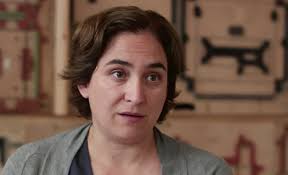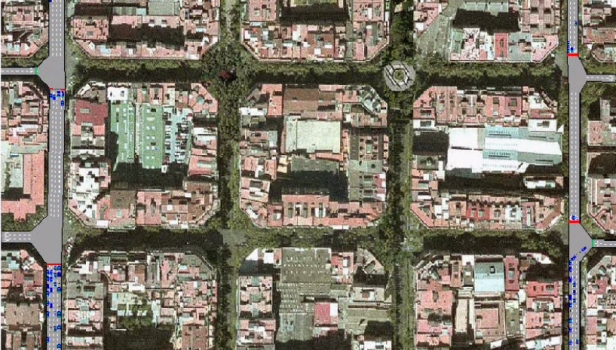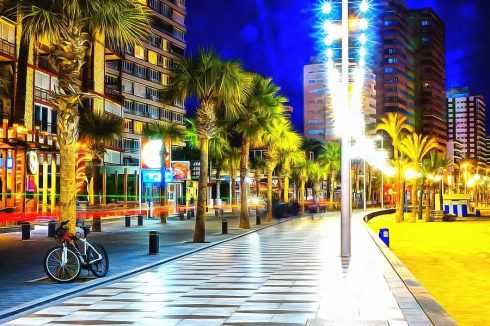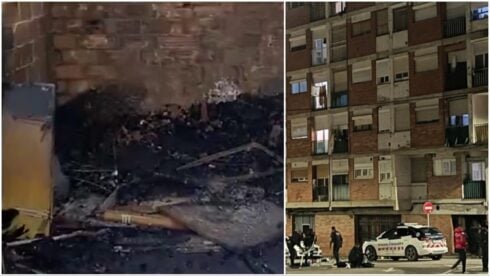BARCELONA mayor Ada Colau set out the city’s vision for a green future through its plan to create 503 superblocks to cut pollution and prevent hundreds of premature deaths.
The superblocks are groups of streets where traffic is reduced to close to zero, with the space given over to pedestrians and play areas.
The plan could save hundreds of lives every year and cut air pollution by a quarter if it fully implements the radical superblocks scheme, according to a report by the Barcelona Institute for Global Health.
“We have an agenda which is very realistic. The first stage involves creating four green routes and green plazas,” Colau told journalists on Wednesday, on the eve of World Earth Day which is marked on April 22nd.
“The citizens want us to move ahead with this transformation from the demonstrations and the surveys which we have conducted.”

Colau dismissed criticism that the plan would betray the vision of Idelfons Cerda, the 19th century urban planner who envisaged the extension of the original Barcelona city to the Eixample areas.
“Cerda wanted to make a city where there was ample space which would be more healthy as the old city within the city walls was not healthy,” Colau said.
“But Cerda did not envisage Eixample with cars. We want to return it to the way that he envisaged – an area for people, not a zone with motorways as it seems quite often.”
Colau said the city council was working with the private sector to start the project faster than previously planned.
“Many schools and residents have asked us to speed up the project,” she added.
The concept was the brainchild of BCNecologia, an agency led by Salvador Rueda.
Barcelona’s air quality has regularly exceeded the World Health Organisation’s legal limits for pollutants such as nitrogen dioxide (NO2).
The superblocks would reduce levels of NO2 by 24% from the current level of 47 micrograms per cubic metre to 36 micrograms per cubic metre.
This would bring Barcelona’s NO2 levels in line with the WHO recommendation of 40 micrograms per cubic metre.
The life expectancy of an average Barcelona resident would increase by almost 200 days, the report adds, saving the city €1.7 billion in health costs.
The most notable health benefits would come from reductions in air pollution, preventing 291 premature deaths per year.
Other benefits would be cutting traffic noise and heat island effects, which would prevent 163 and 117 premature deaths respectively.
The number of private vehicle journeys would fall by 230,000 a week as people switched to public transport or making journeys on foot or by bicycle.
The first superblock was introduced in 2017 in Poblenou in the north of the city.
At first it was met with opposition from car owners and local businesses but support has grown for the scheme.
There are 30% more businesses the before in the area and more people cycle or walk to work.
The proposal has attracted interest from other cities including and Seattle in the US.
READ ALSO:
- Spain’s Malaga Airport goes green with four vertical gardens
- GOING GREEN as Spain’s politicians give thumbs up to radical climate bill
- GREEN BEACH BARS: Gandia announces plans for first eco-friendly chiringuitos in Spain
Click here to read more Environment News from The Olive Press.








